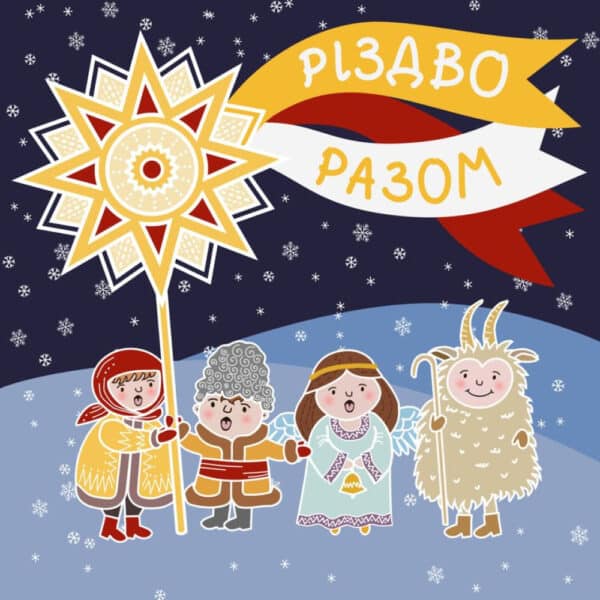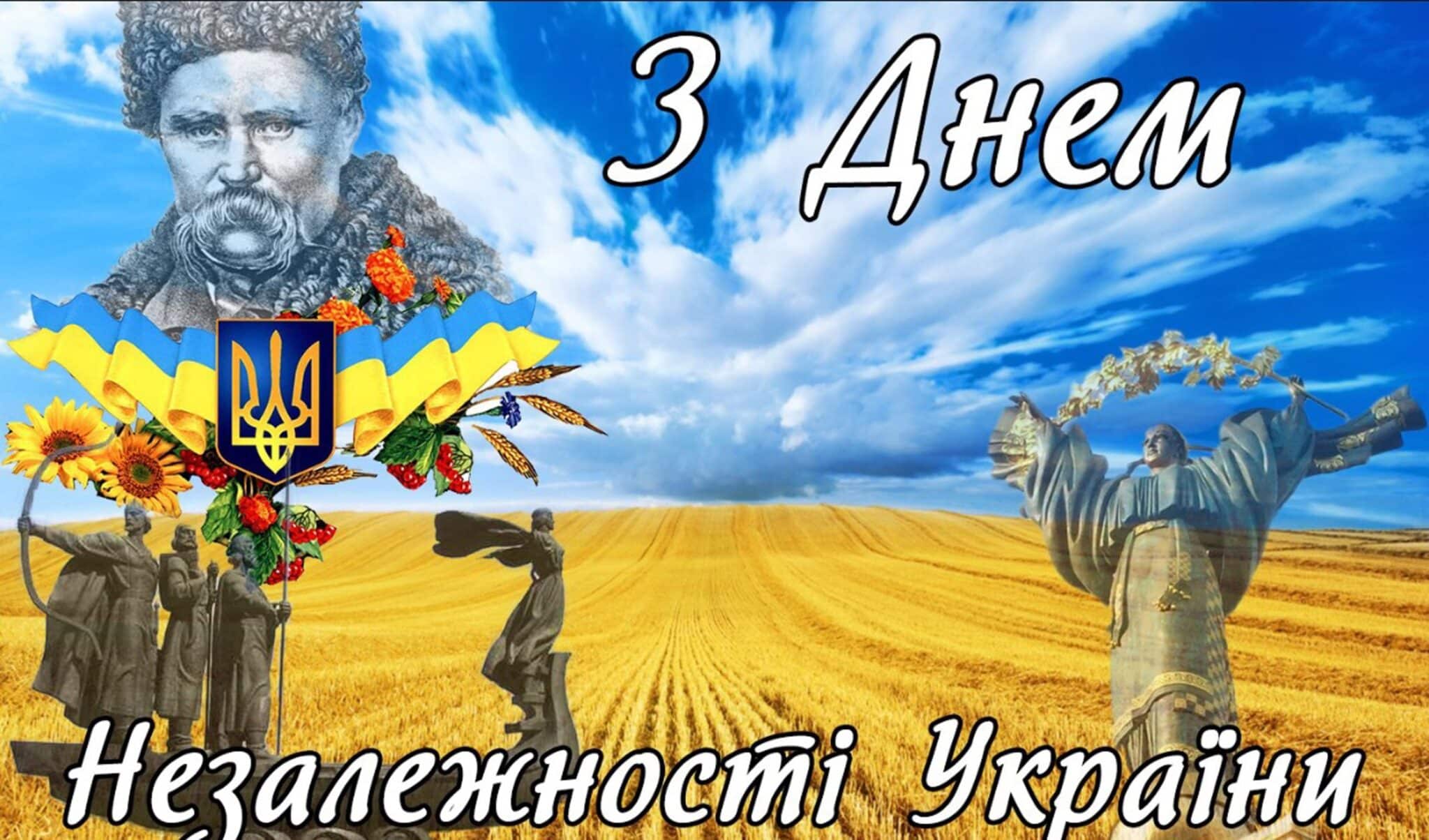Christmas holidays in Ukraine are very large-scale and significant. They begin with long, careful preparation and are accompanied by many rituals. If we talk about using ritual songs, we should mention carols.
Have you ever heard real Ukrainian carols? Probably yes. And do you know where they came from and what they symbolize? We invite you to find out the answers to these questions.
The origin of the traditional carol
One of the leading associations Ukrainians have with winter holidays is carols, which have a very ancient origin. However, these songs were once exclusively pagan, so the Orthodox Church actively opposed them and did not assign them to Christmas celebrations in any way.
The origin of carols goes back to pagan times. These songs were part of the calendar and ceremonial rituals in winter. They were identified with the holiday of Kolyada – the winter solstice day. According to an ancient legend, the snake Korotun eats the Sun, which prompts the goddess Kolyada to give birth to a little Bozhich, who will become his successor.
Accordingly, the pagans rose to defend the newborn deity, using songs to protect against evil power and notifying other people of the momentous event of the birth of a new Sun. To do this, people waited for darkness and then walked the streets, singing songs and carrying an image of the Sun (also known as the “Christmas star”). These very carols are familiar to modern-day Ukrainians.
Later, when Christianity became the official religion of Kievan Rus, caroling gained new prominence. The Church not only accepted it but also began to use it during the celebration of Christmas. As a result, the clergy composed new carols, infusing them with religious themes and verses.
To participate in caroling and generally to have the title “caroler” was honorable. They were eagerly awaited, warmly welcomed into homes, generously treated to delectable treats, and sometimes even given a monetary reward. These people were associated with their ancestors, so people met them with joy. Carols often mentioned the master, mistress, boyfriend, girlfriend, and other characters, conveying wishes for wealth, health, and overall well-being.
Modern perception of carols in Ukraine
Christmas carols have become deeply ingrained in the lives of Ukrainians, with almost everyone familiar with several of these poems by heart. They are taught at school, performed during holiday events, used in advertising, etc. However, the essence of carols has deviated mainly from their sacred roots, often being heard more at entertainment gatherings than as part of a reverential ritual celebrating the birth of Jesus Christ.
During the existence of the USSR, when religious festivities like Christmas were prohibited, carols reflected that time’s historical and social context. They also served as a silent protest, as people could only perform their cherished ritual songs within a close circle of family and friends.
There’s a wide array of carols, including traditional folk songs like “Heaven and Earth,” “New Joy Has Become,” “Koliad, koliad, koliadnytsia,” and “God is Eternal.” Additionally, there are original carols crafted by individuals, such as “There Is News in Bethlehem Now” and “God is Born” by Ostap Nyzhankivskyi.
Today, the church has a positive attitude towards carols and carolers, inviting those who wish to perform them in churches. This allows people to share the joy and kindness of the holidays, which unites us into a single whole. Believers express their most heartfelt wishes for each other and themselves, turning to the newborn God for guidance in achieving these aspirations.
Koliadky, koliady, and shchedrivky: what’s the difference?
Distinguishing between koliadky, koliady, and shchedrivky is important as each ritual song holds its unique significance, often causing confusion even among individuals with Ukrainian roots.
First of all, koliadky and shchedrivky represent folklore, while koliady are religious songs dedicated to Christmas. Koliadky are sung for Christmas and shchedrivky are sung the Old New Year. Another important difference is that in koliadky they sing and glorify the birth of Jesus Christ, while in shchedrivky they wish the family well-being, prosperity, a good harvest, etc.
Ukrainians today have a warm attitude to Christmas carols. Both ancient and modern renditions, reflecting a blend of past and present, resound actively within society. And their melodies? Exquisite! Listening to an authentic Ukrainian carol is truly a delight for the ears!







